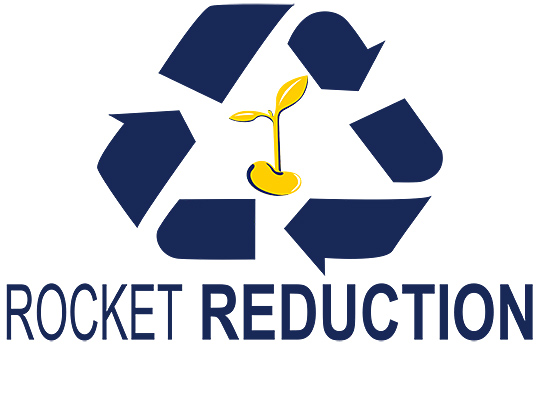As the University continues its efforts to reduce waste to help the environment while also reducing escalating costs associated with recycling, employees and students are urged to use the multi-stream recycling stations located throughout campuses.
“As we work to increase everyone’s awareness of how to recycle appropriately, we really need to emphasize that every single person on our campuses shares this responsibility,” said Michael Green, director of energy management. “The University can’t make a dent with these efforts unless everyone is accountable, and for many of us that means changing our daily habits.”
 How to reduce waste and recycle items properly is of the utmost importance, he said.
How to reduce waste and recycle items properly is of the utmost importance, he said.
“Because what communities and businesses recycle has changed over the years, it’s important that you review this information on a regular basis so you’re in tune with what now may be recycled,” Green explained. “For instance, we were told previously not to recycle empty aerosol cans or caps on plastic bottles, but now both of these items can be recycled.”
To help ensure you’re up-to-date on how to recycle, review these general guidelines:
• Do recycle plastics used for water and pop bottle containers (along with their caps), and many types of food containers. Be sure containers are empty and rinsed so they are free of food.
• Do recycle plastic containers used for milk, juice, detergents, bleach and most hair-care products (for example, shampoos and conditioners). However, rinse them out before recycling.
• Do recycle paper grocery bags, office paper, junk mail, envelopes (even if they have windows), empty cardboard toilet paper and paper towel rolls, and gift-wrapping paper (unless tinfoil paper).
• Do recycle tissue boxes; however, first remove the plastic insert at the top of the box, which is not recyclable.
• Do recycle tin and aluminum cans, including empty aerosol cans and their caps. If the cans have been used for food, empty and rinse first.
• Do not recycle plastics used for packaging materials, including packing peanuts, drinking straws, pipes, plastic furniture and most toys. These can be dangerous to the planet and also pose a health risk.
• Do not recycle Post-it notes, padded bubble envelopes, greasy pizza boxes or foil food packaging (for example, pouches used for certain baby foods and pet treats).
• Do not recycle Styrofoam cups and containers, hand-soap dispenser tops and pumps, disposable coffee cups, plastic wrap and plastic grocery bags.
• At home or at a community recycling station, you also may recycle green, brown and clear glass bottles. However, do not recycle glass cookware, wine glasses, window glass or mirrors.
“If you’re ever in doubt whether a particular item can be recycled, read the labels that are on top of UToledo’s blue recycling bins,” Green recommended. “There also are signs posted at community recycling stations, making it easy to recycle.”
If you still do not find the information you need, however, it’s better to toss an item into the trash instead of risking cross-contamination by recycling the item incorrectly, Green noted. When cross-contamination occurs, that bin’s entire contents ends up in a landfill.
For more information about recycling, visit the Office of Sustainability website.